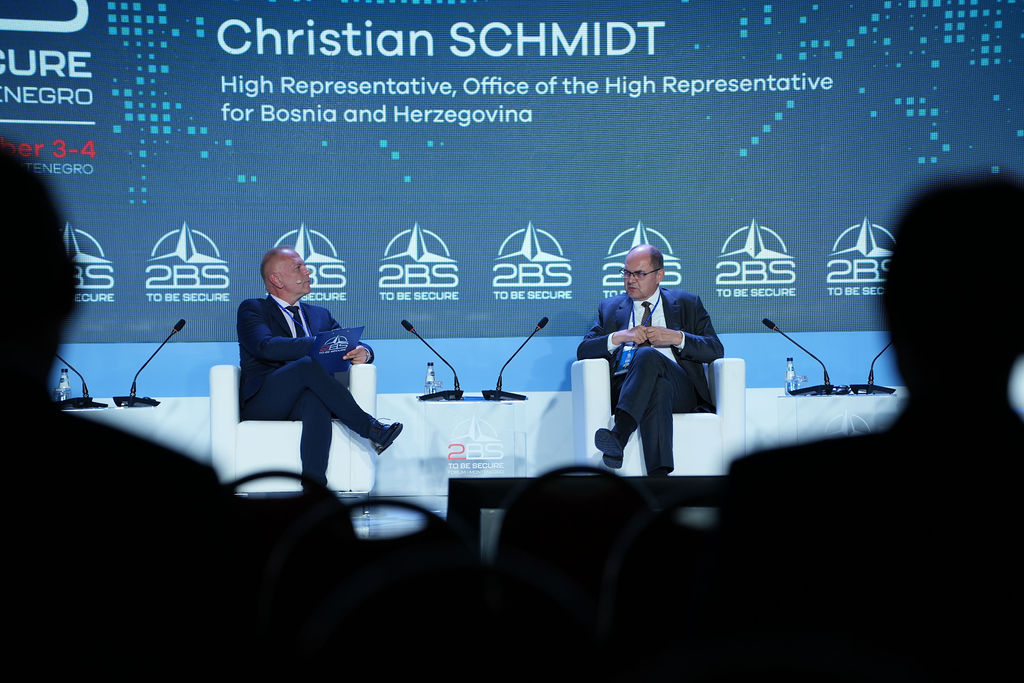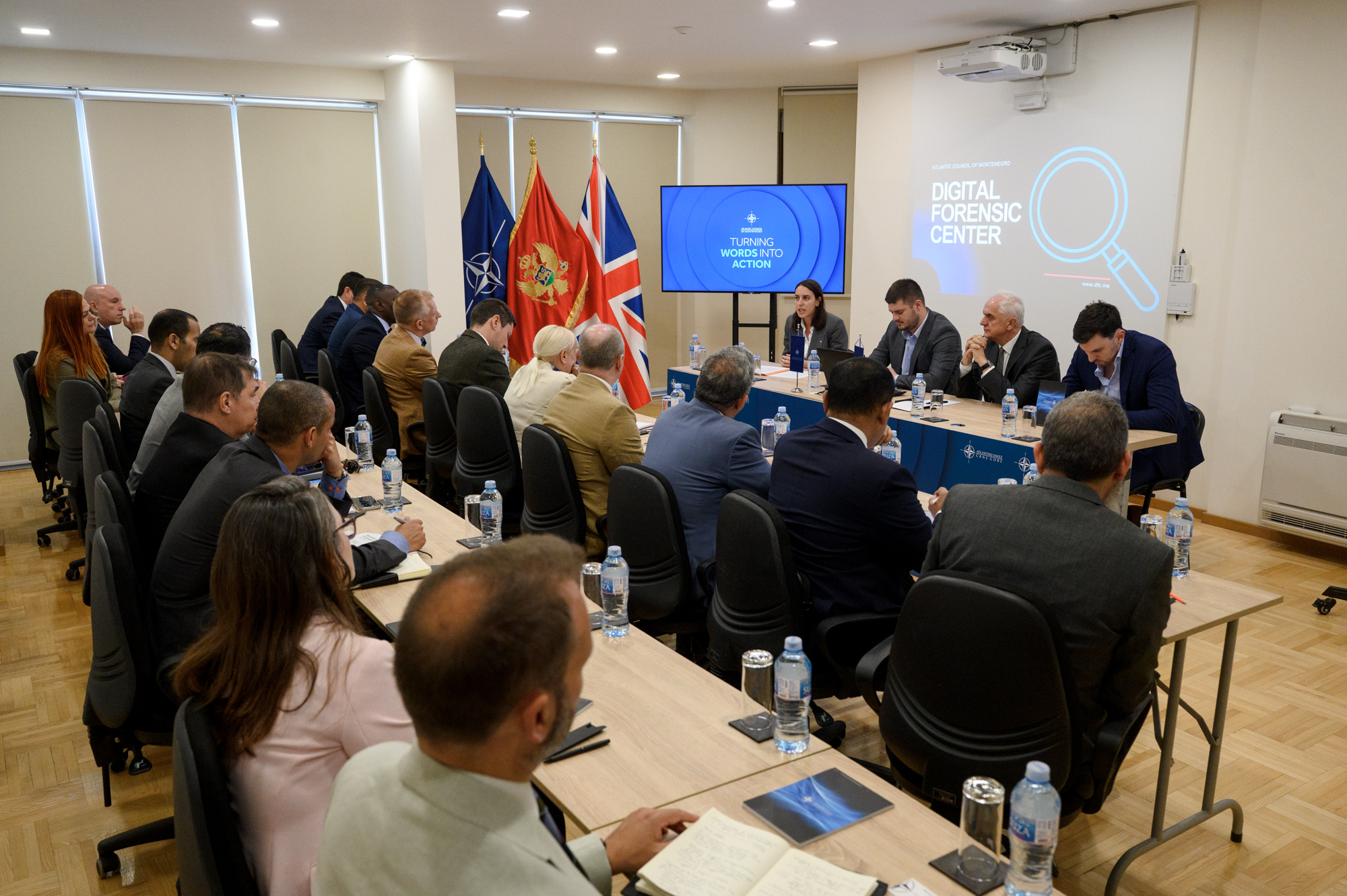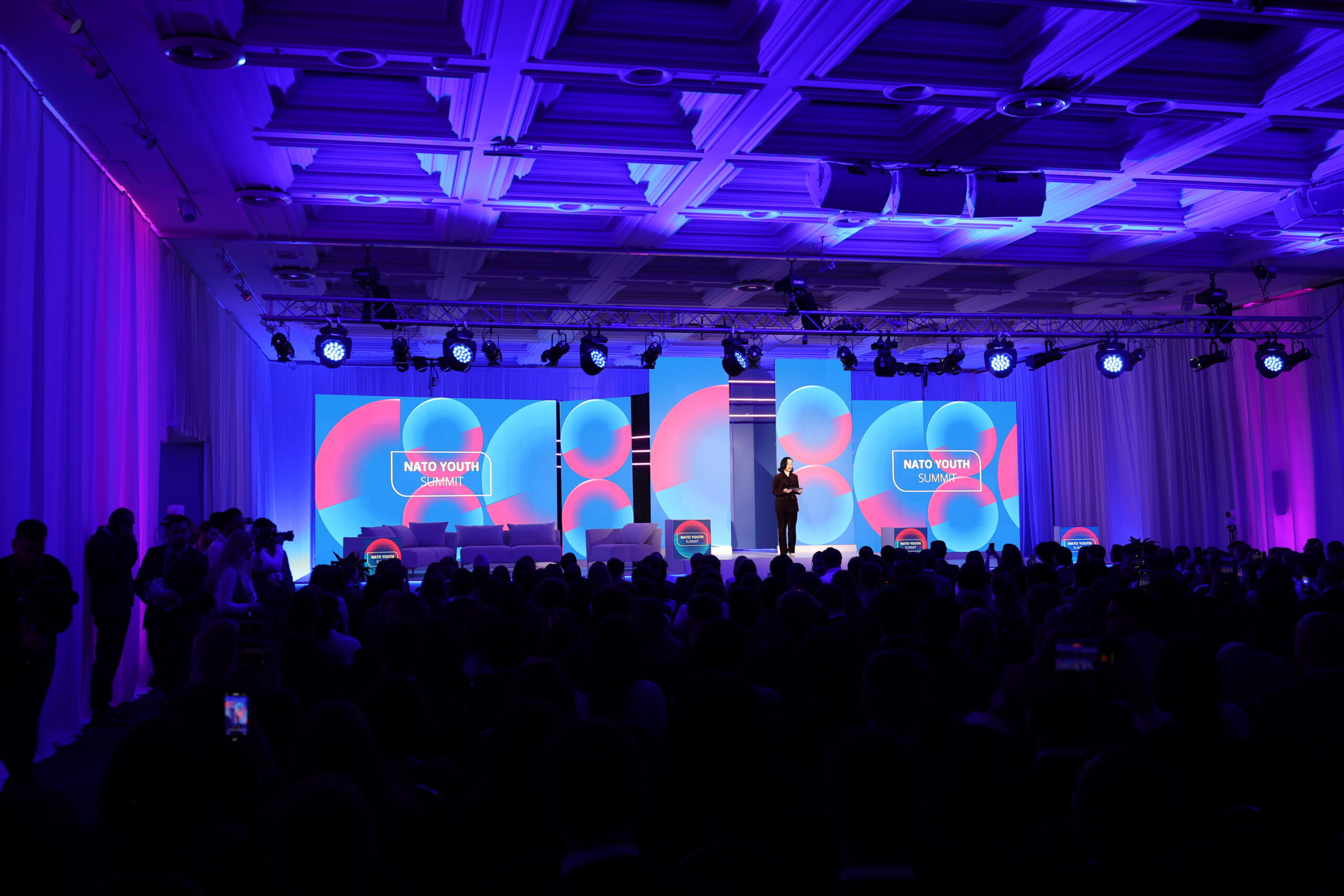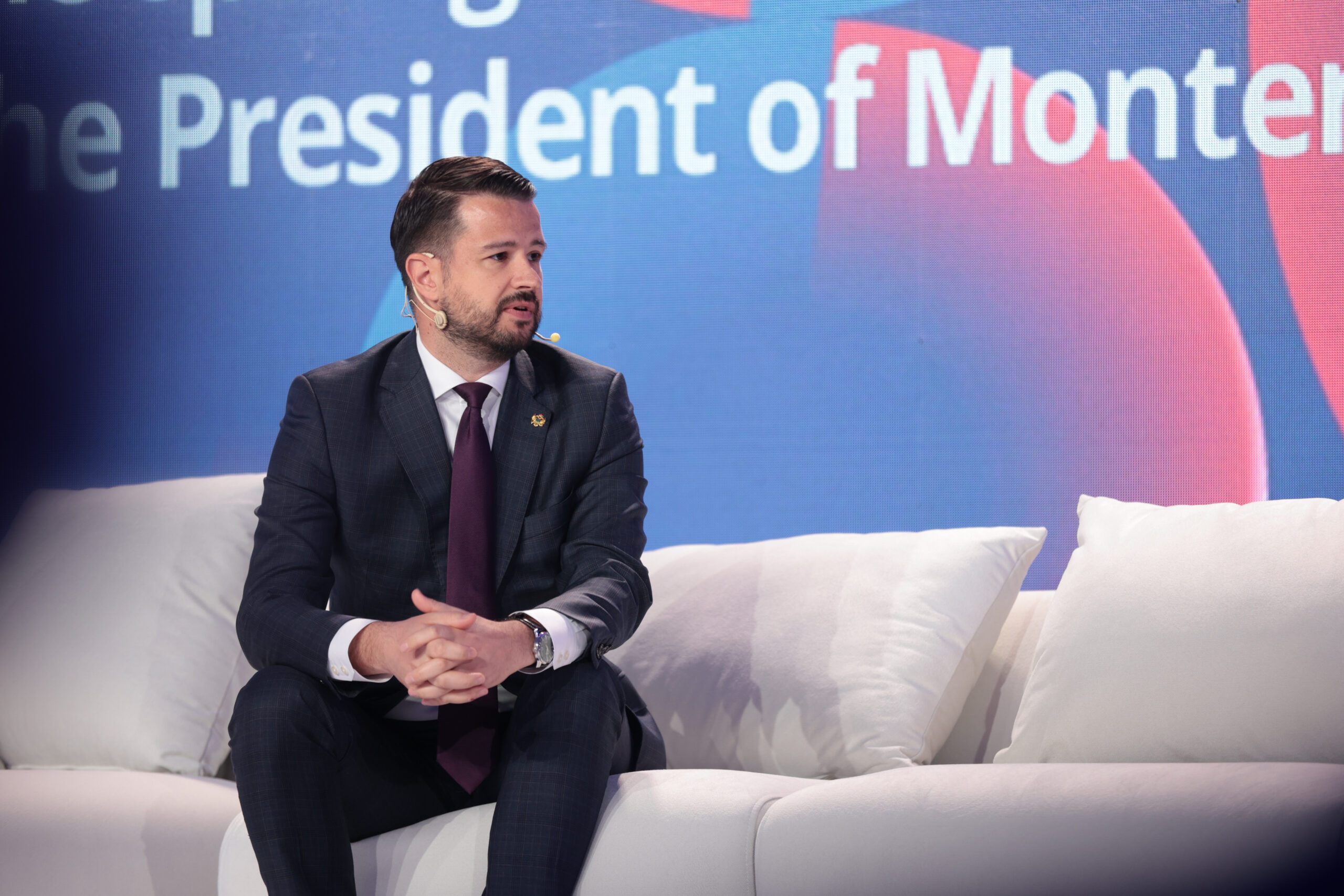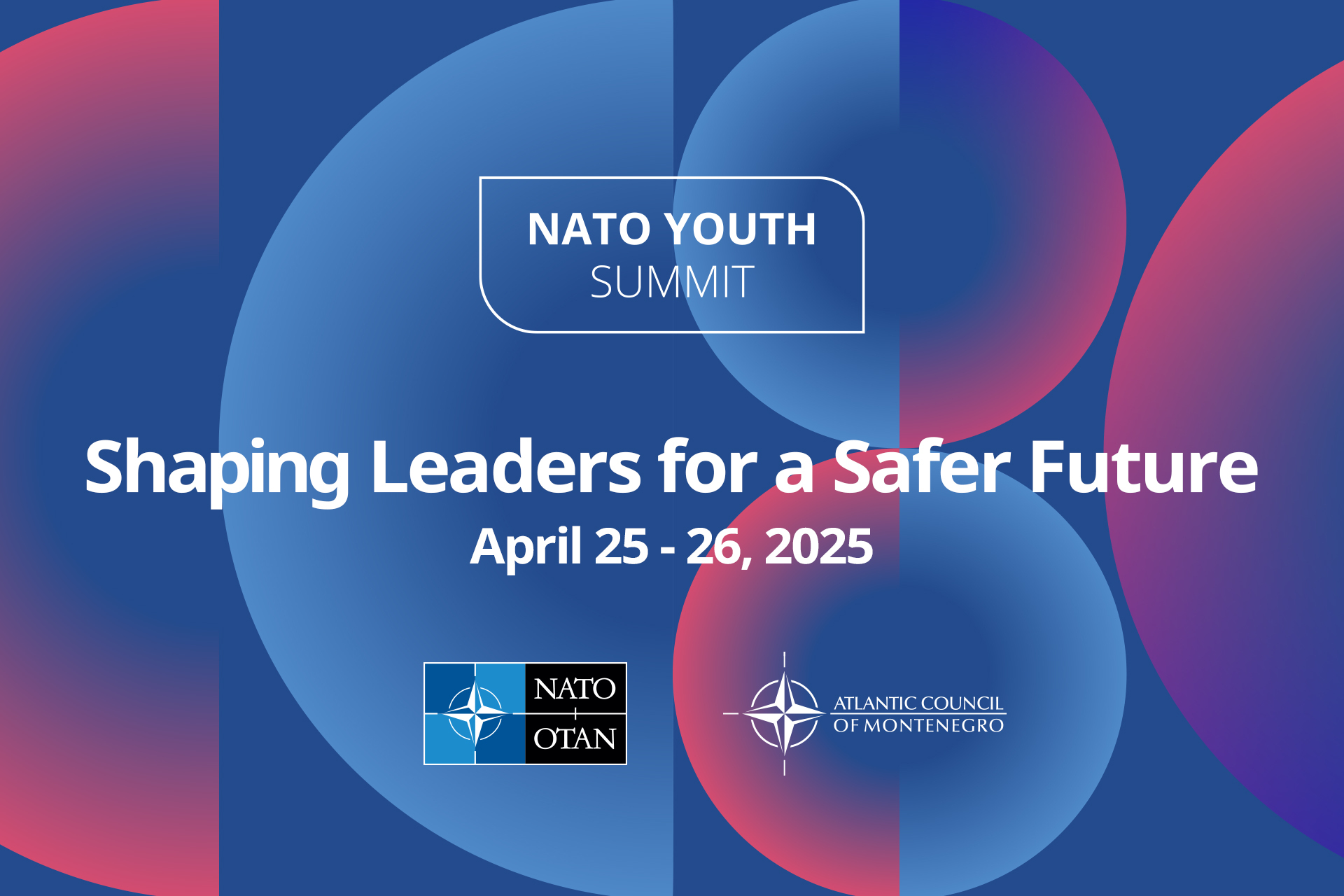The High Representative in Bosnia and Herzegovina, Christian Schmidt, stated that the country faces a year of political opportunities, but much depends on political actions and decisions.
“We have a complex political framework, and I hope it will be addressed in the near future. Until now, there has not yet been an opportunity to appoint a chief negotiator for EU accession, but the time has come for all responsible parties to say: This is your country, and this is the opportunity for our country. Set aside ethnic political reservations. All those who publicly declare their support for EU integration must now prove it,” Schmidt said at the panel Navigating Bosnia and Herzegovina’s Future Amid Regional Challenges with Adnan Rondić.
Speaking about relationships with key political leaders in Bosnia and Herzegovina, Schmidt remarked that while it is easy to talk about NATO in Montenegro, the situation is different in Bosnia and Herzegovina.
“We all know that there are strong reservations regarding NATO; we do not have unified political views on this matter. We have politicians in the Republic of Srpska and a certain influence from Serbia, which is one of the key challenges. However, NATO is positively engaged with Bosnia and Herzegovina,” said Schmidt, adding that security is a crucial issue in the region, which, according to him, includes a commitment to a common goal — maintaining security without external interference.
“I hope we will achieve a greater degree of understanding that for EU integration it is important that the people want to remain in peace and ensure sustainability. This is something that needs to be addressed more effectively. I believe it is time for people to understand that NATO and the EU can prevent a recurrence of past conflicts. I believe in this commitment not just from politicians, but from ordinary citizens,” emphasized Schmidt.



